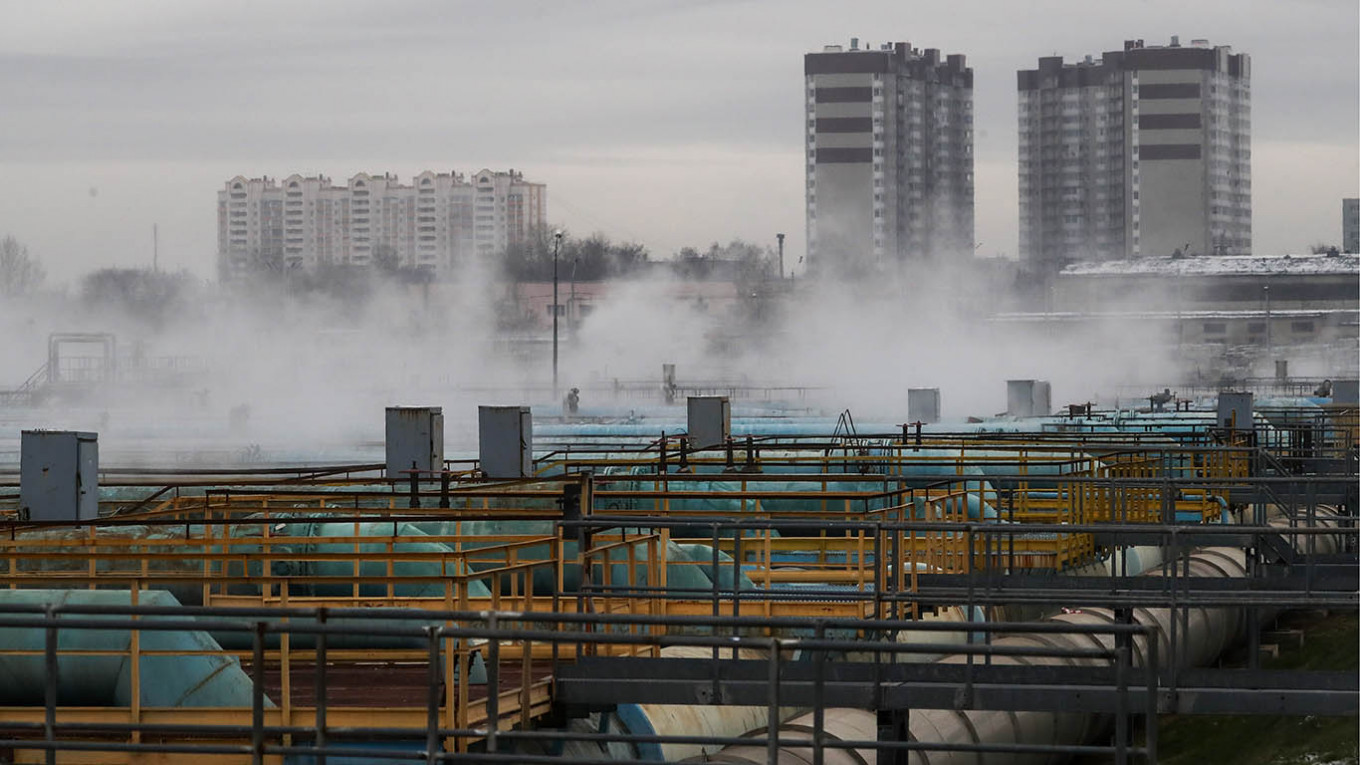
Russia and the United States will work together to tackle climate change-related issues in a rare moment of cooperation between the two powers with increasingly frayed ties, President Vladimir Putin’s representative on climate issues said Tuesday.
Ruslan Edelgeriyev identified protection of the rapidly warming Arctic, forest sector projects and nuclear energy as key priorities in Russian-U.S. climate collaboration, according to the Kommersant business daily.
Edelgeriyev spoke a week after holding talks with his U.S. counterpart John Kerry, which the Kremlin called a “starting point” on climate interaction with the Biden administration.
“Our conversation with John Kerry was an important stage in getting acquainted with the new American administration’s positions on climate,” he told Kommersant.
Edelgeriyev’s videoconference with Kerry took place after the U.S. rejoined the Paris Climate Agreement under President Joe Biden, who made environmental justice a priority in his 2020 campaign. Russia and the U.S. are the world’s fifth- and second-highest emitters of carbon dioxide, respectively.
Analysts have identified climate change as one of three areas of U.S.-Russian cooperation under Biden along with arms control issues and efforts to settle regional conflicts.
Germany has also urged the European Union to engage with Russia on climate change ahead of EU leaders’ talks on Russia this month, the Financial Times reported Sunday, quoting a leaked proposal.
“While so far not a policy priority for Russia, environmental disasters and climate change effects felt in its territory become increasingly relevant for Russia’s population and thus for the government,” the document was reported to have said.
Efforts to “selectively engage” the Kremlin come despite the U.S. and EU hitting Russian officials and entities with new sanctions over the poisoning and jailing of Kremlin critic Alexei Navalny.
Russia has faced the escalating impacts of climate change with abnormally warm winters, widespread Siberian wildfires and melting Arctic permafrost in recent years.